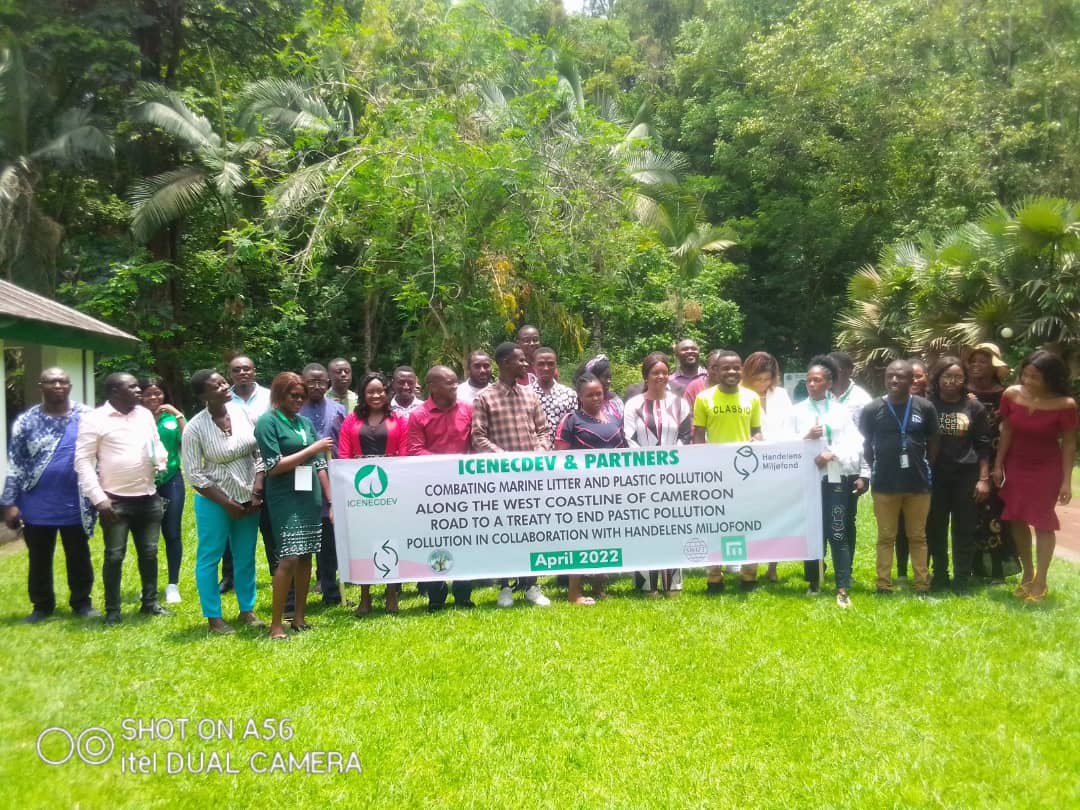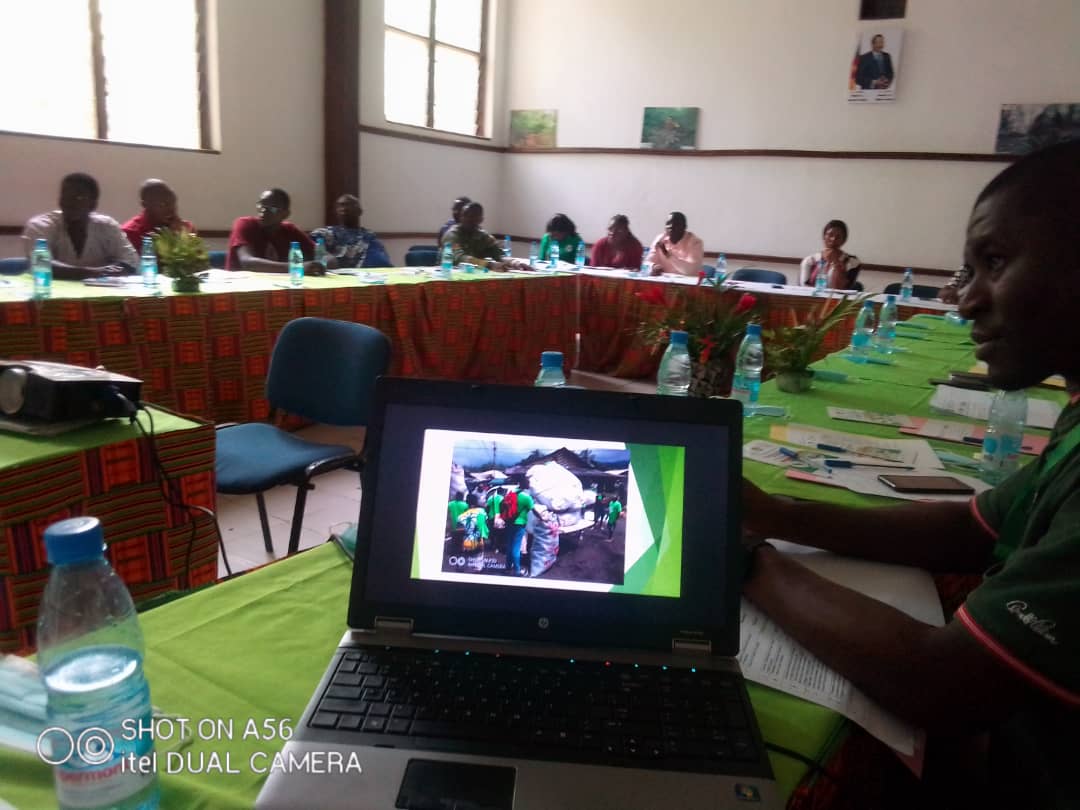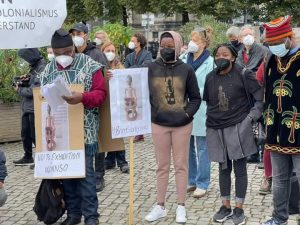The International Center for Environmental Education and Community Development (ICENECDEV) has urged stakeholders to boost consumer literacy on disposal of plastic waste.
This, it states, is a complimentary move alongside clean up campaigns, recycling and the integration of plastic waste management in the marketing plans and budgets of plastic production and distribution companies.
ICENECDEV made the recommendation in a statement on ending plastic pollution, within the framework and context of its programme to combat marine litter and plastic pollution along the west coast of Cameroon. In the statement, the frontline environmental structure revealed that it is in partnership with Handelens Miljofond and other bodies, “amplifying actions to reduce marine litter and plastic pollution through capacity building of coastal communities and relevant stakeholders”.
It is in this light, it added, also encouraging and undertaking coastal clean-up of plastic waste (in Limbe, Batoke) and transforming plastic waste to valuable products.

“Proper waste management infrastructure is lacking in some areas including toilets and water, hygiene facilities and sanitation, while in others, the challenge involves the general public’s awareness of the impact plastic and litter has on the environment, human health and marine wildlife,” the statement revealed.
The project therefore, “aims at increasing the global awareness of the need to reduce plastic pollution, marine litter…”
Experts reveal that each year, at least a million tonnes of plastic and other waste products end up in the Atlantic ocean, harming sea life and the environment. Over 50% of the said litter which accumulates on shorelines, the sea surface and the seafloor is made of plastic, with the most common being plastic bags, fishing gear remains, food packaging and beverage containers.
ICENECDEV’s campaign, therefore seeks to ramp up ongoing efforts to combat this phenomenon, making Cameroon and Africa’s coastal water bodies safer and garbage-free.

The action falls in line with international commitments to ending plastic pollution, as described and highlighted in resolution at the 2nd segment of the fifth United Nations Environment Assembly which held in Nairobi, Kenya from February 28 to March 2, 2022.
The Buea-based center it should be noted, is accredited to the United Nations Environnment Programme (UNEP), is in special consultative status with the United Nations Economic and Social Council (ECOSOC), and associated to the United Nations Framework, Convention on Climate Change (UNFCCC).
By Giyo Ndzi
This article was first published in The Guardian Post newspaper on April 27, 2022









